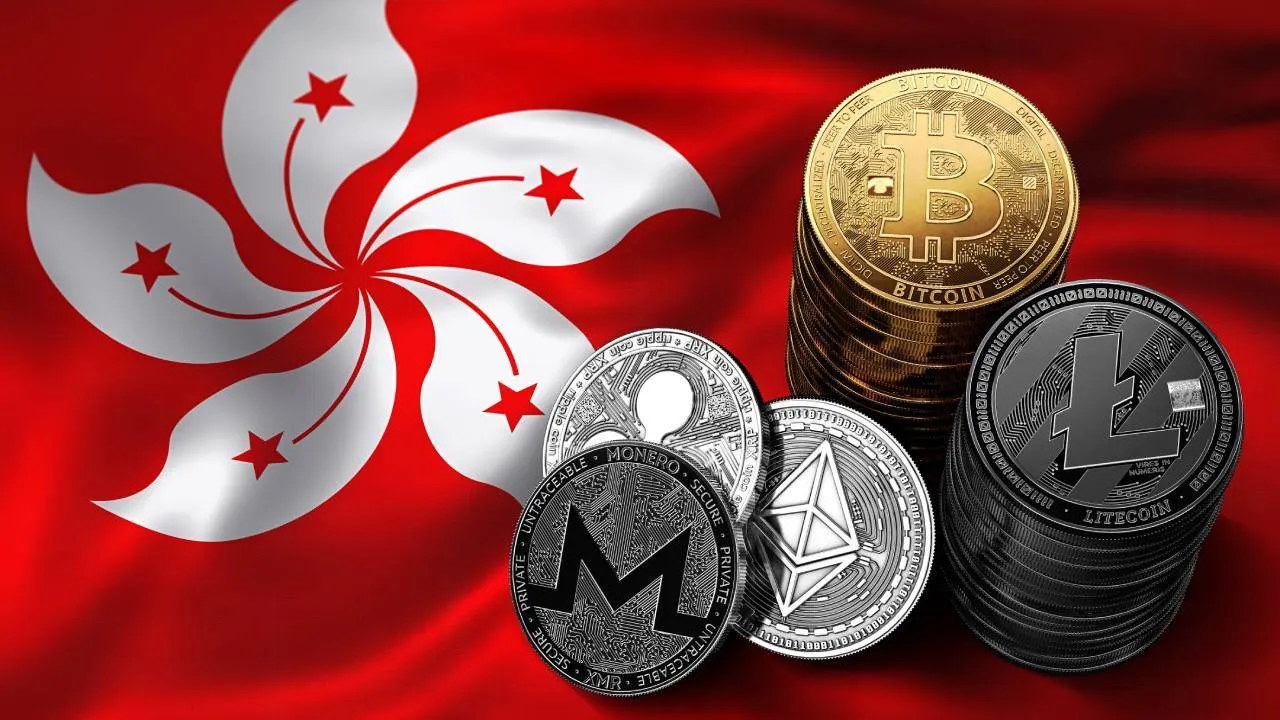In a statement today, Hong Kong’s Securities and Futures Commission (SFC) unveiled a series of new measures aimed at enhancing transparency and security in the cryptocurrency space.
The regulator's initiative includes the publication of a comprehensive list containing licensed, deemed-licensed, closing down, and application-pending virtual asset trading platforms (VATPs).
The move comes in the wake of the ongoing JPEX crypto exchange scandal and hopes to assist the general public in identifying potential unregulated VATPs conducting business in Hong Kong.
The SFC said that together with the police it plans "to set up a dedicated channel to share information on suspicious activities of and breaches by VATPs and to investigate the JPEX incident to bring the wrong-doers to justice."
“To help the public more easily identify suspicious VATPs doing business in Hong Kong and enhance awareness, the SFC will enhance and issue a dedicated list of suspicious VATPs which is easily accessible and with prominence on the SFC’s website,” reads the announcement.
The SFC said it will also explore the possibility of providing more information about these VATPs to proactively inform investors about possible risks, stating “this is to ensure that information will be disseminated in a clear, transparent, and timely manner.”
During a press conference today, the SFC’s CEO Julia Leung Fung-yee said that the regulator will publish the list due to public demand, per a South China Morning Post report.
She further clarified that being an applicant for licensing does not necessarily signify full compliance with the SFC's regulations.
According to Fung-yee, up to that point, only two cryptocurrency trading platforms—OSL Digital Securities Limited and Hash Blockchain Limited—had obtained licenses to serve retail customers in Hong Kong following the implementation of the SFC's new virtual asset rules on June 1.
The SFC also disclosed that four other companies— HKVAX, HKBitEx, Hong Kong BGE Limited, and Victory Fintech Company Limited—had submitted applications for licenses.
What was the JPEX 'incident'?
The ongoing JPEX incident, allegedly Hong Kong’s biggest-ever financial fraud suspected to have ensnared at least 2,305 victims, involving approximately HK$1.43 billion ($182.9 million), erupted earlier this month after the Dubai-based crypto exchange was accused of operating without a license in Hong Kong, where it had a large customer base.
The SFC also highlighted that certain online influencers and over-the-counter virtual asset money changers (OTC shops) had disseminated false information by claiming that JPEX had submitted an application for a VATP license.
In the days that followed, anxious investors hurried to withdraw their virtual assets, only to discover that they could only withdraw a maximum of 1,000 USDT, the dollar-pegged stablecoin issued by Tether. However, they were reportedly required to pay an administrative fee of 980 USDT.
JPEX was also a platinum sponsor of the recent Token2049 Singapore event, the status worth as much as $70,000..
The Platinum sponsor, JPEX, abandoned their booth at #Token2049 on the second day. 👀
On a side note, their logo looks quite similar to FTX. Is that a sign? 🤔 pic.twitter.com/KZw9o5vNgF
— J O Y (@joyxspacelatte) September 14, 2023
JPEX eventually suspended withdrawals from the platform last week, asserting that due to “unfair treatment by relevant institutions in Hong Kong towards JPEX [...] and a series of negative news, our partnered third-party market makers have maliciously frozen funds.”
Hong Kong police have nevertheless arrested 11 people in connection with the JPEX scandal, including social media influencer Joseph Lam Chok. The suspects are facing charges of fraud and operating an unlicensed virtual assets exchange.
In response to the scandal, the SFC issued a warning to the public about the risks of dealing with unregulated cryptocurrency exchanges.
The masterminds behind the JPEX scandal are still at large, however, while the exchange itself—citing Hong Kong’s new crypto regulation regime, which purportedly convinced it to shift its development focus to Asia—stated that “it has been preparing to comply with the cryptocurrency regulatory system before the end of the grace period for the license system” only to find out that it “was subjected to continuous unfair treatment.”

